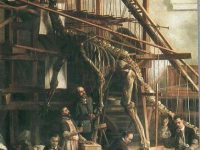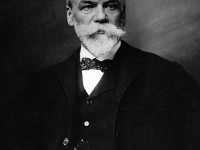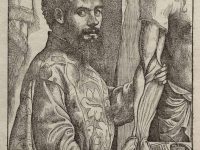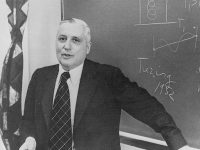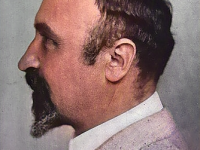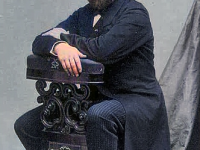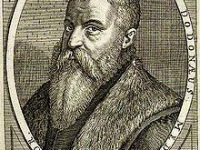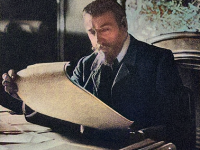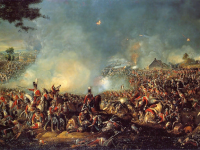Evolution is not Reversible – Louis Dollo
On December 7, 1857, French-born Belgian palaeontologist Louis Dollo was born. Dollo is best known for his work on dinosaurs. He also posited that evolution is not reversible, known as Dollo’s law. Together with the Austrian Othenio Abel, Dollo established the principles of paleobiology. Early Years Louis Dollo was born in Lille, Nord-Pas-de-Calais. At the École Centrale de Lille, Dollo studied with the Jules Gosselet and the zoologist Alfred Giard. In 1877, Louis…
Read more

